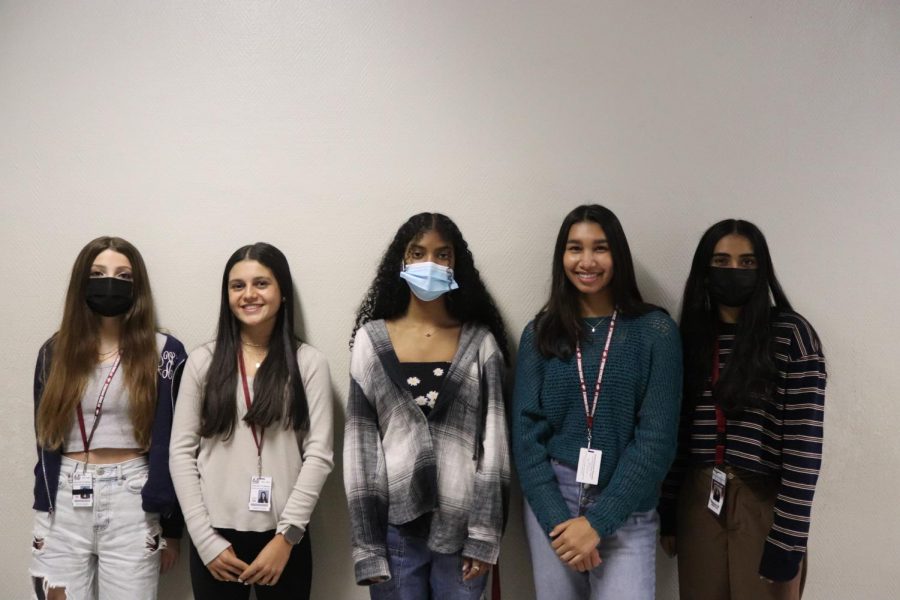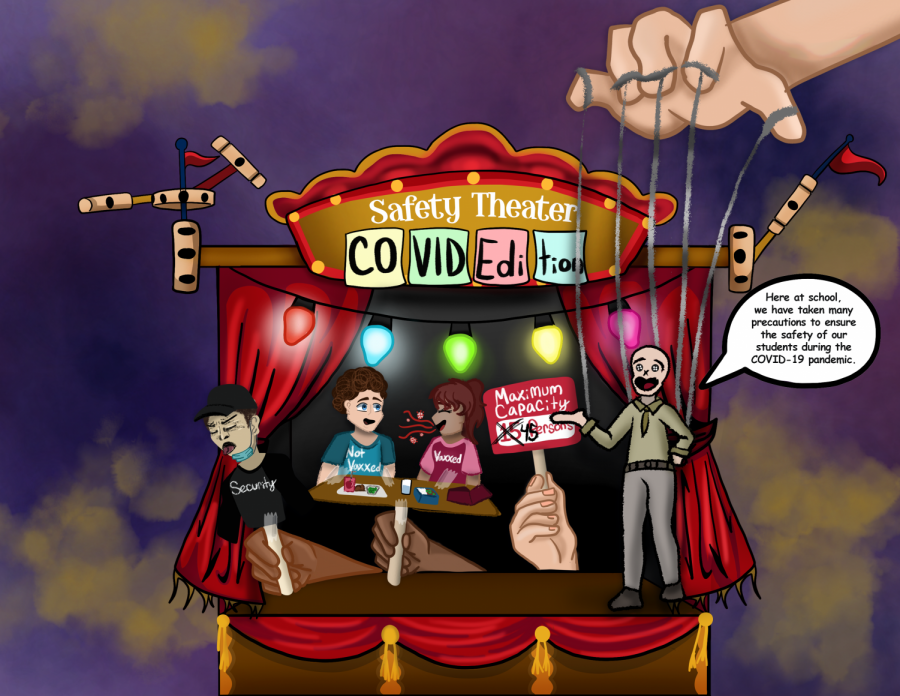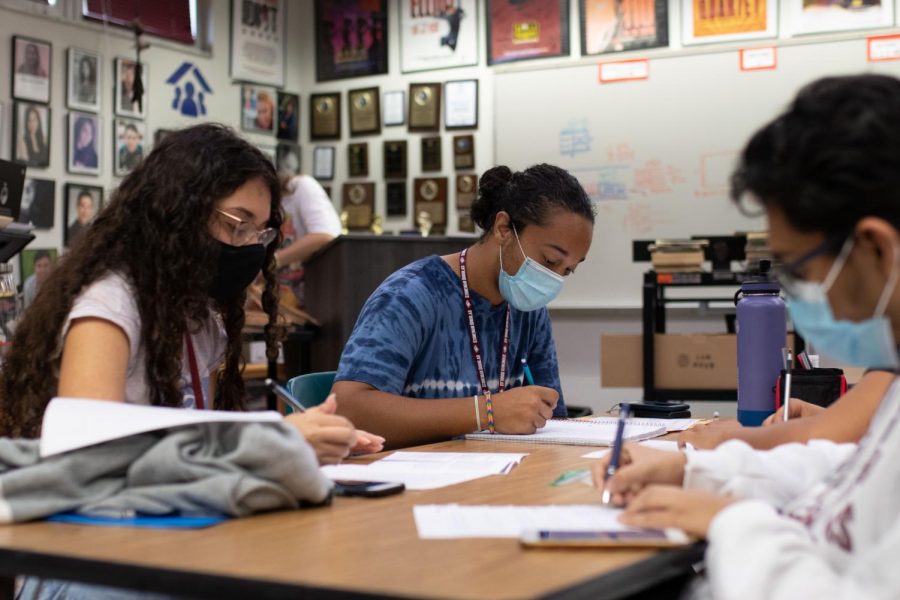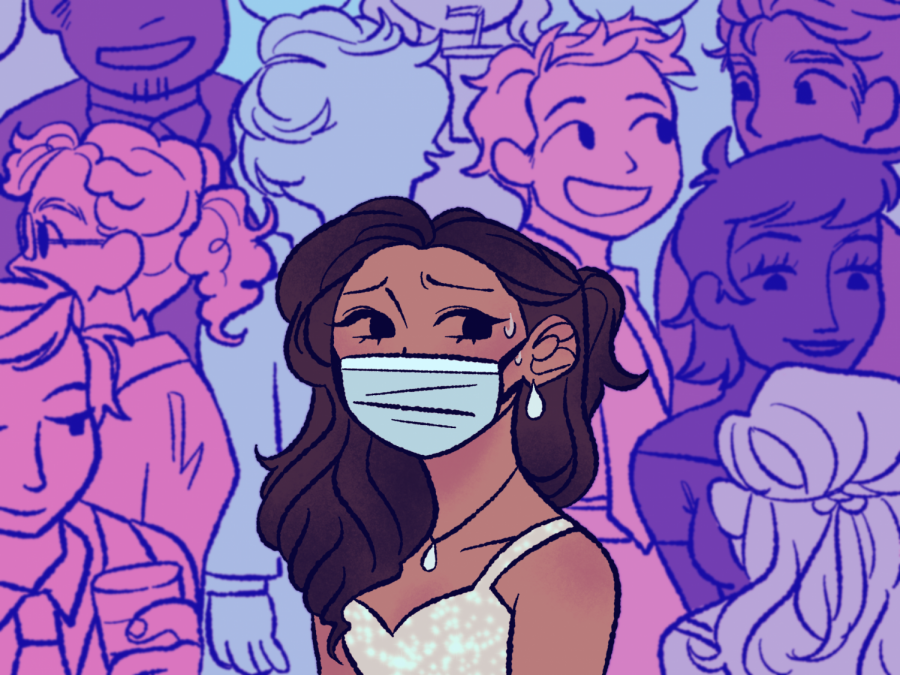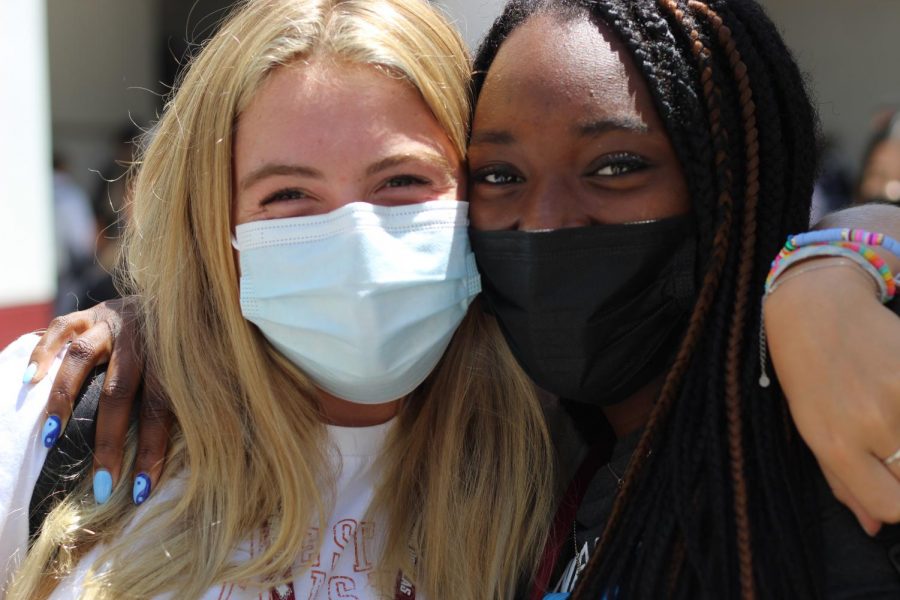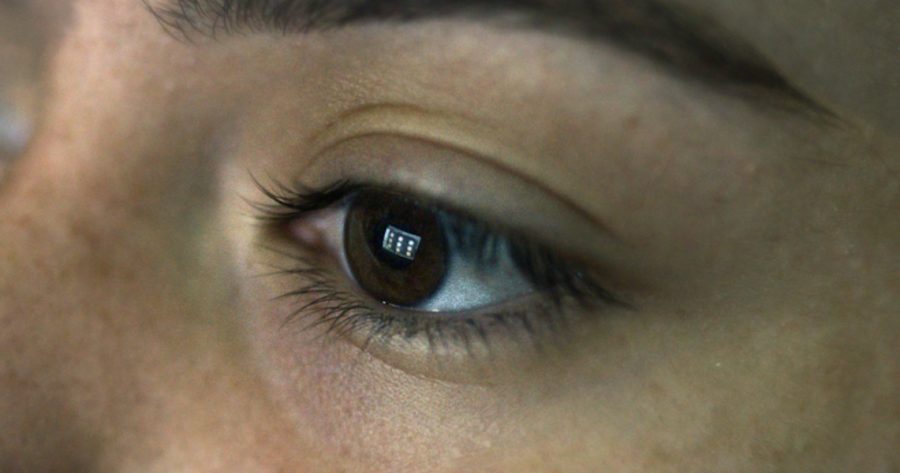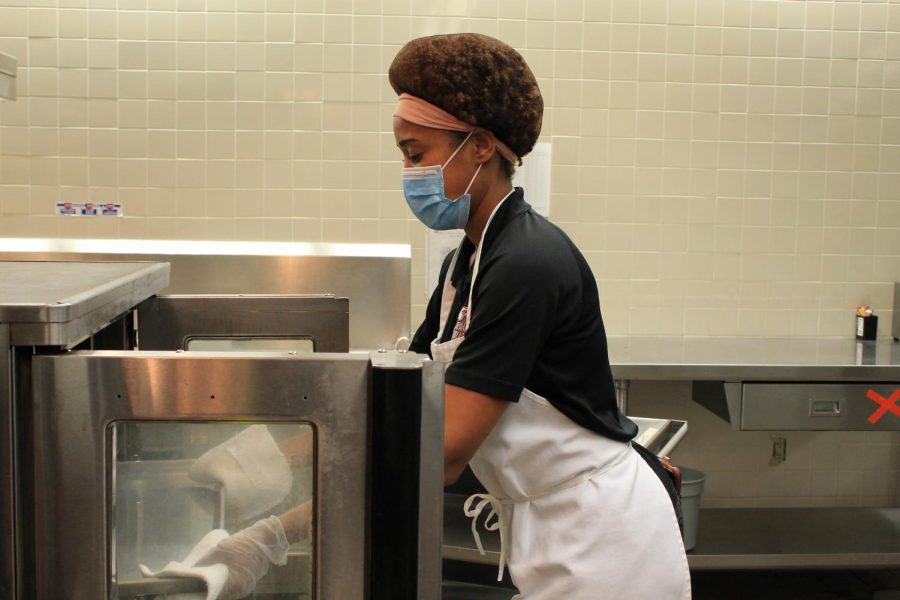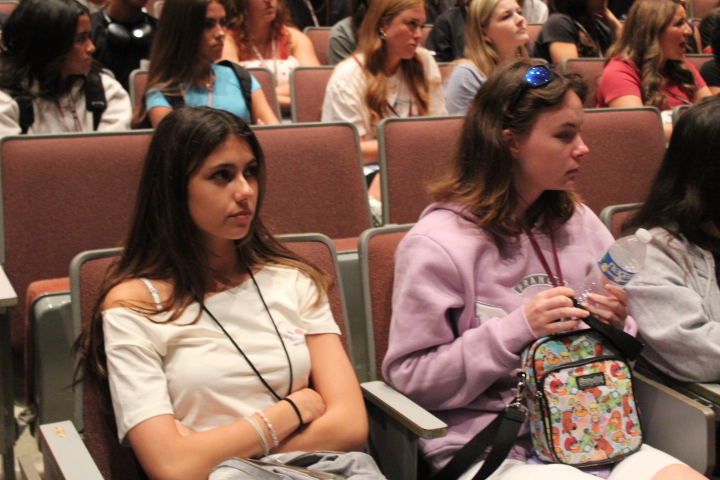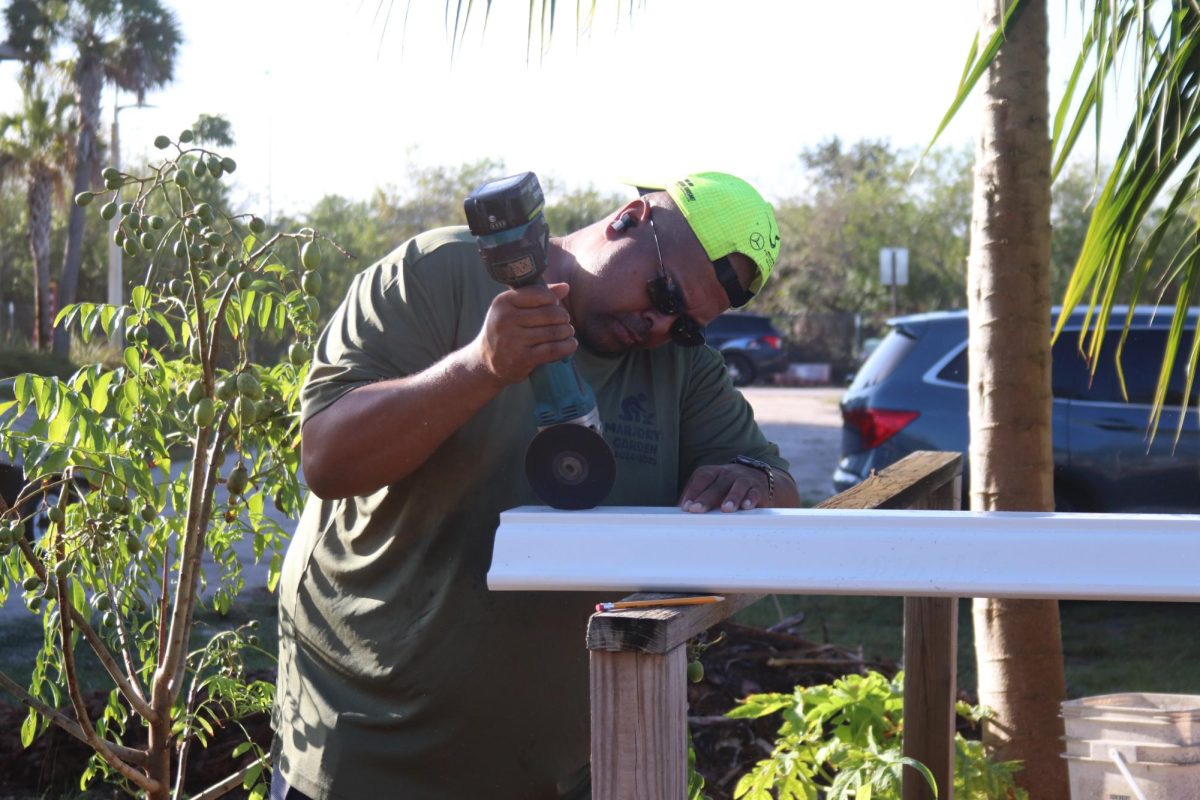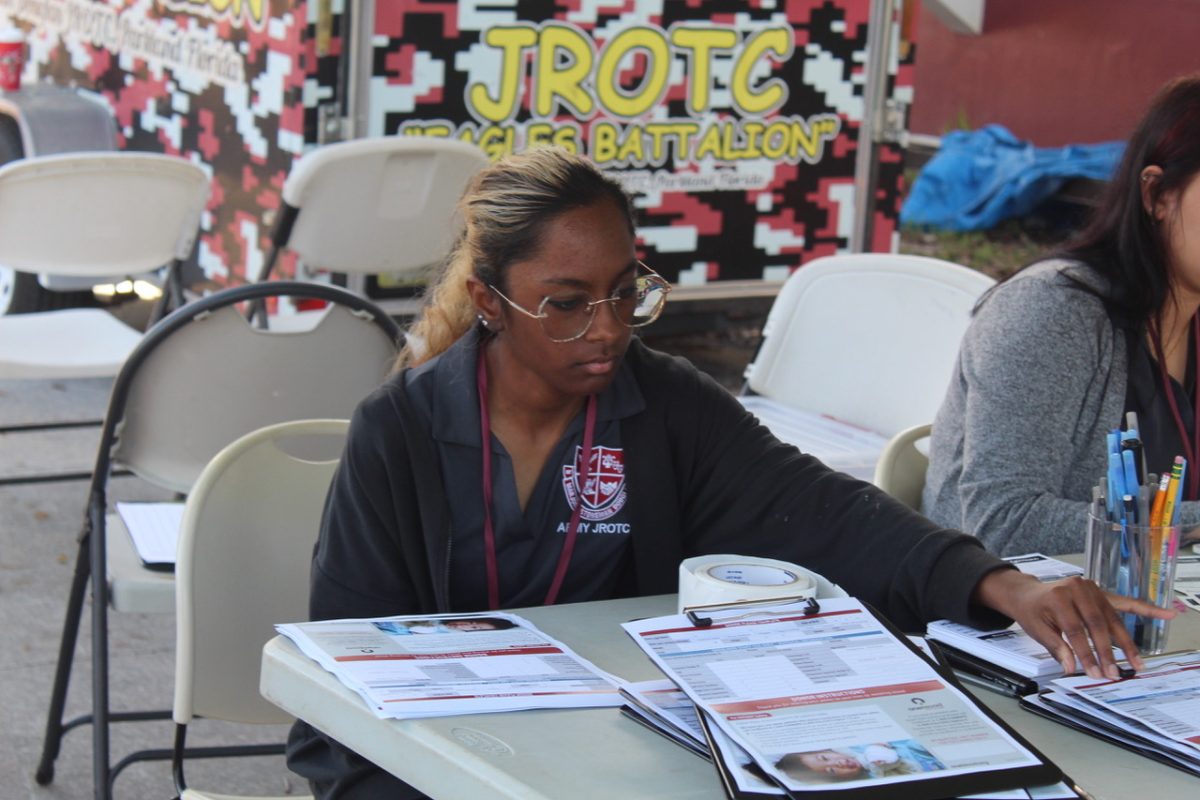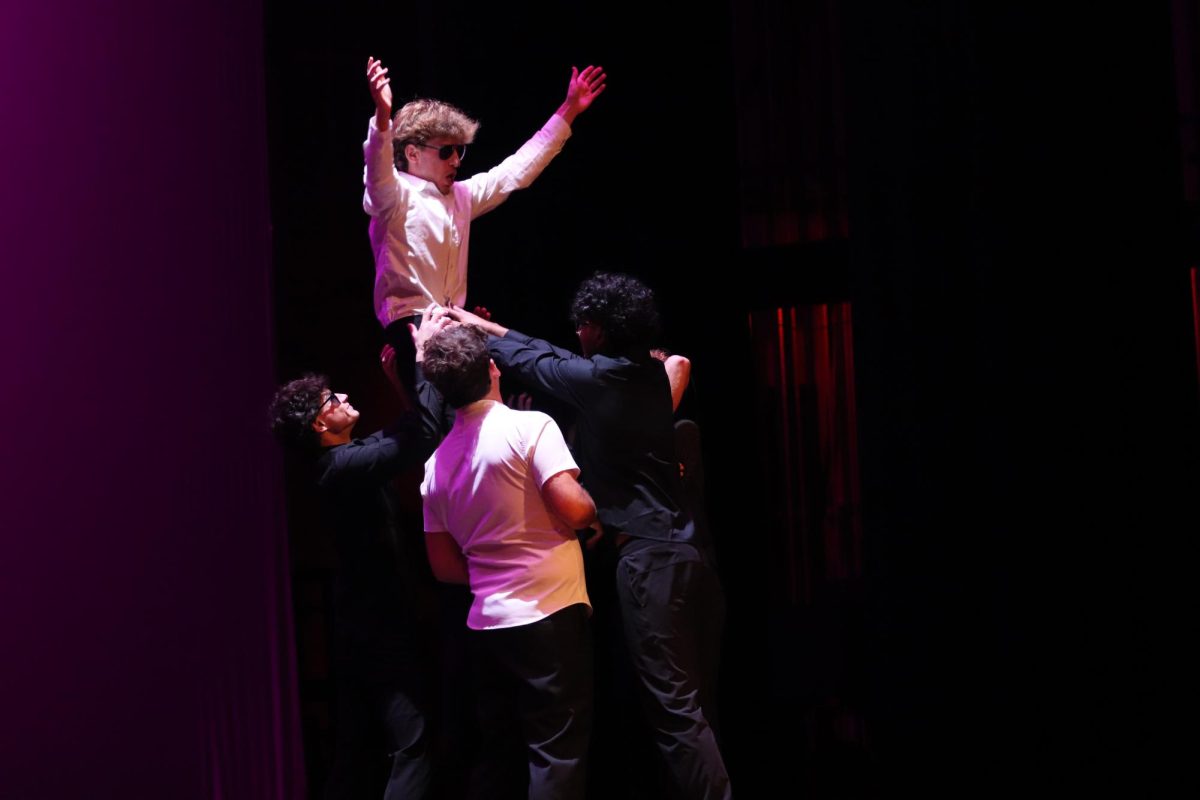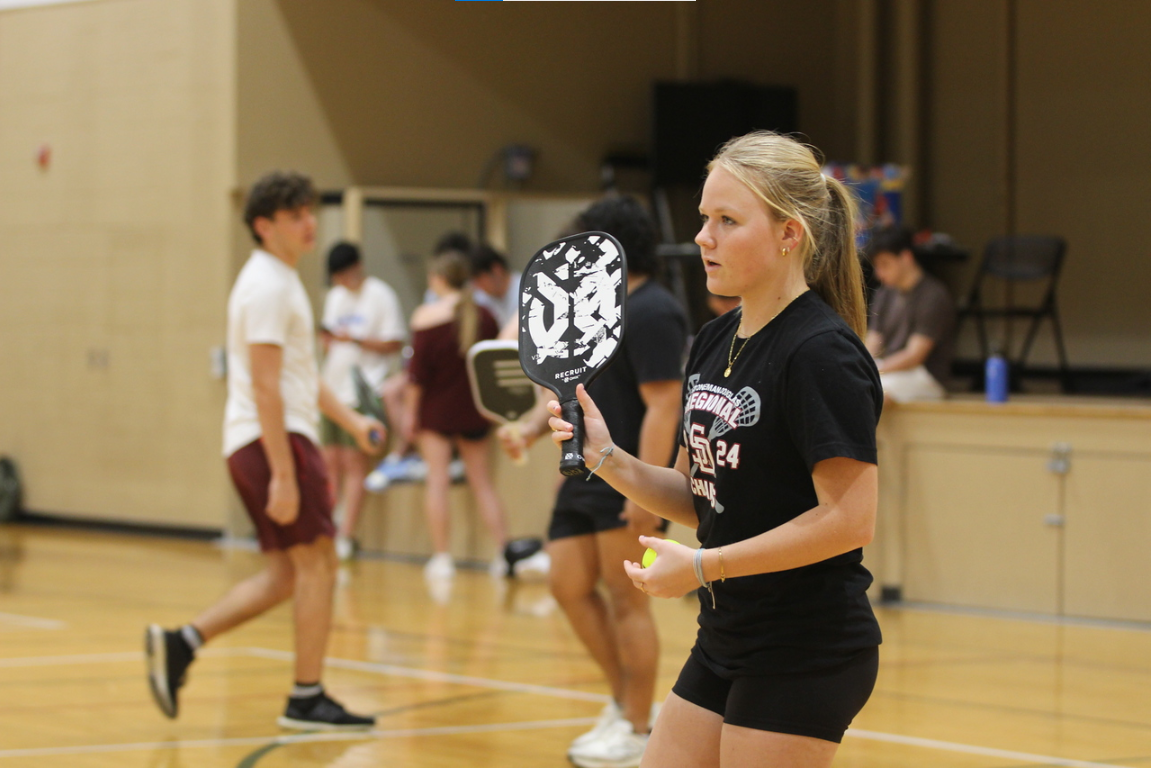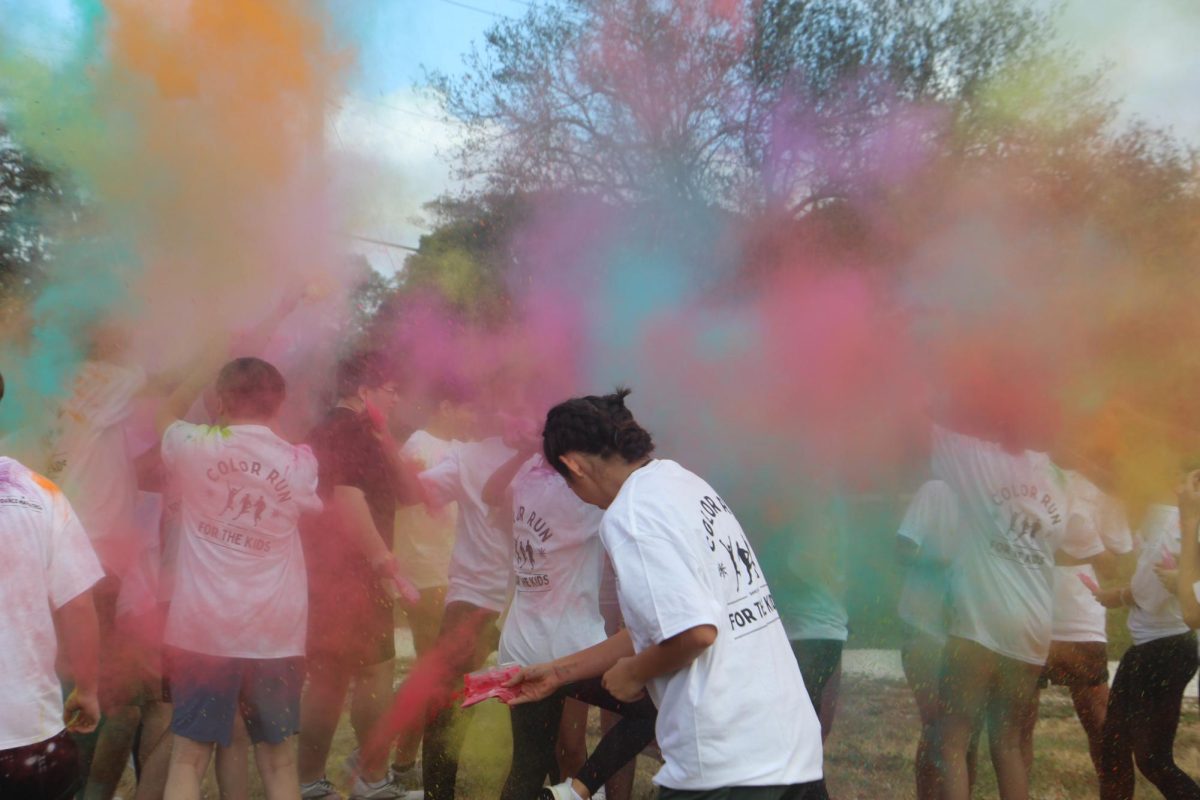
Due to the COVID-19 outbreak, schools all around the United States have been ordered to close their doors. Although students can no longer physically attend school, they still must continue their education by participating in online schooling. Many educators are relying on Zoom as their main source of virtual face-to-face communication.
Zoom, which is a video conference service, has become more prevalent amongst students and teachers. Teachers have the opportunity to see their students through the screen of their device, while also having the ability to teach lessons and answer questions.
Although Zoom calls can be advantageous, some students are purposely making it difficult for their teachers to teach lessons, using foul language or making rude comments during the call. These disruptions are a result of students sending their class code to other students who are not in the class or trying to be funny themselves.
“As much as I think it’s disrespectful for kids to misbehave on Zoom, I get a lot of good entertainment from it,” sophomore Jessica Cummings said.
When a student who is not in the class gets the code from someone else, this is known as “Zoombombing.” They disrupt virtual meetings and cause a distraction to teachers and other participants.
“I haven’t been outwardly disrespected during a Zoom session, but I did have one ‘party crasher’ so to speak who came into troll my students with inappropriate conversation,” English teacher Kristen Coniff said. “It was highly disruptive. I was obviously pretty agitated about the whole thing because there was already a lot going on [and] it was the first Zoom session I’d hosted during distance learning.”
In this challenging time of transitioning to online learning, students are still expected to be respectful. For many teachers, it is very difficult to explain concepts while students are acting inappropriately, such as screaming in the background or making rude comments.
“I wasn’t familiar enough with Zoom to handle [disruptions] as immediately as I wanted to. It was upsetting that someone would go out of their way just to make a difficult situation even more problematic,” Coniff said. “The only way I could handle it was to boot out the perpetrator and ban them from the Zoom.”
While some students find the disruptions entertaining, others find them disrespectful to teachers who are trying to help their students learn the material.
“In one of my Zoom classes, kids were saying really rude things to the teachers and everyone found it funny at first, but then it was just disrespectful,” sophomore Ysabella Nunez said. “I think these kids should stop disrespecting the teachers because it’s just rude and unnecessary.”
As of right now, schools have been closed until May 1 and Zoom and other learning platforms, such as Canvas, will continue to be used until further notice.




